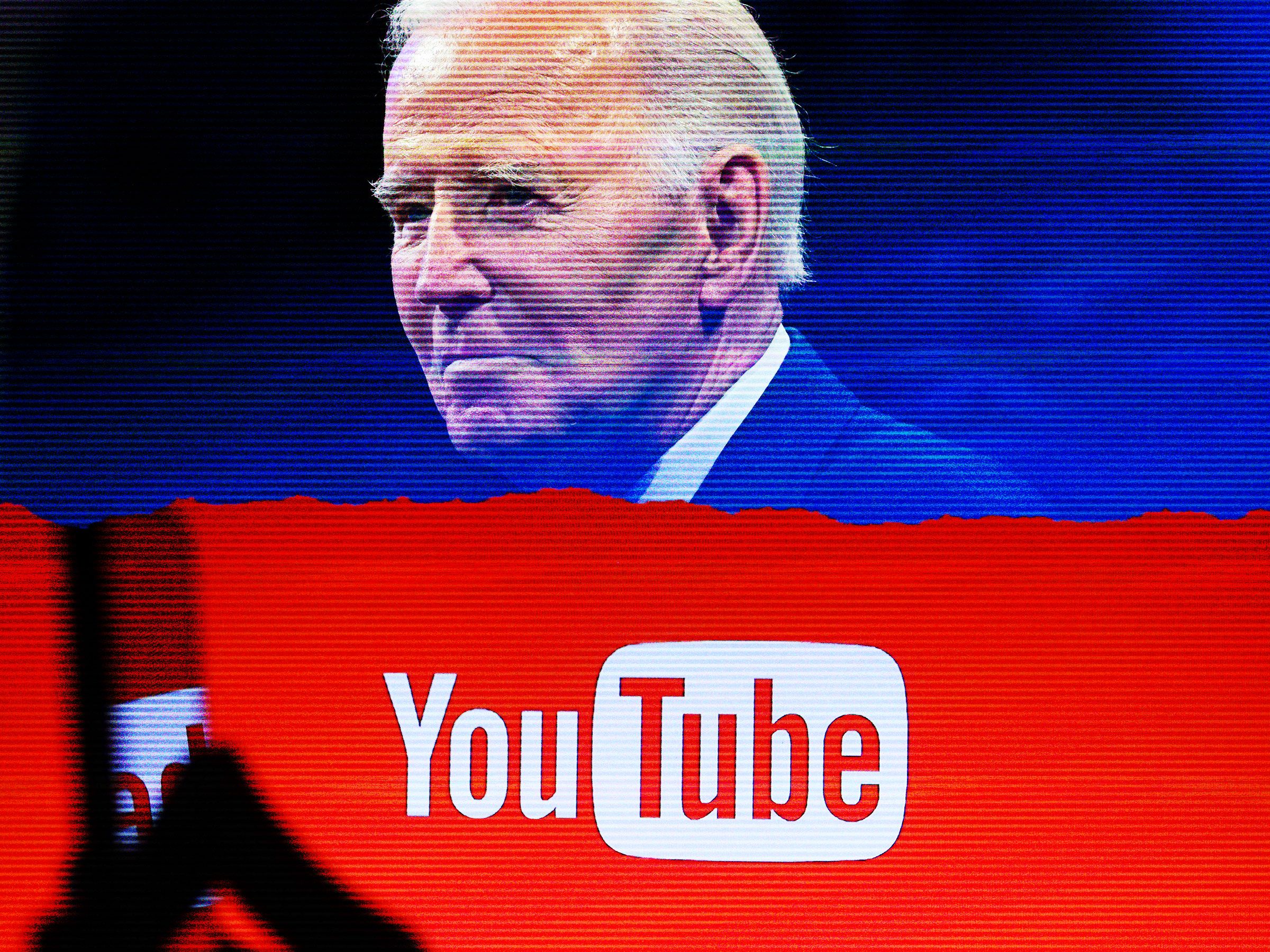In a letter to a House committee last month, legal counsel for Alphabet, YouTube’s parent company, claimed that president Joe Biden’s administration sought to “influence” the company to crack down on Covid-19 misinformation. Republicans celebrated the letter as an apparent admission of Democratic censorship.
But Democrats seem to be throwing cold water on the allegations. In a new letter to YouTube CEO Neal Mohan first reported by WIRED, ranking member of the House Judiciary Committee Jamie Raskin shares half a dozen excerpts of transcripts with 20 Alphabet employees. According to the letter, none of them claim they were ever pressured to suppress or remove content at the behest of the Biden administration. The interviews come from several years of conversations with Youtube employees focused on policy and health, and in trust and safety roles; they appear to undercut years of GOP accusations of the Biden administration censoring social media platforms during the pandemic.
“As thousands of pages of transcripts of testimony make clear, not a single one of Alphabet’s employees testified about any coercion or undue pressure from the Biden administration,” Jamie Raskin, the committee’s top Democrat, says in the letter. “Are you now asserting that all of these witnesses lied to or misled the Committee? Is it more likely that all of these 20 witnesses got together to plan and provide false testimony or that you wrote an unsworn letter contradicting all of them to placate President Trump and his servants?”
The release of the full transcripts would need to be approved by Republicans on the committee, a spokesperson for the Democrats tells WIRED. (Congressman Jim Jordan’s office did not respond to a request for comment. He is the GOP leader of the committee.)
“Jim Jordan’s quest to find evidence of a censorship regime that never existed is well into its third year, and he continues to suppress the testimonies of the many, many witnesses who contradict his fantasy,” claims Renée DiResta, a disinformation expert and associate research professor at Georgetown University.
A week after counsel on behalf of Alphabet sent that letter to the committee in September claiming that they were pressed by the Biden administration, YouTube agreed to dismiss and settle a lawsuit involving the suspension of President Donald Trump’s account on the platform after the January 6 US Capitol riots (YouTube, which paid $24.5 million, admitted no fault in the settlement).
Alphabet and YouTube did not immediately respond to requests for comment from WIRED.
These findings land in the middle of an escalating political fight over the influence federal agencies and the White House have over the content moderation decisions exercised by platforms like YouTube, Facebook, and TikTok.
In June 2024, the Supreme Court ruled that the US government could continue corresponding with social media companies over the content on their platforms. The case, Murthy v Missouri, was filed in 2022 by the attorneys general of Louisiana and Missouri who alleged that government agencies unlawfully coerced social media platforms into censoring speech related to topics like Covid-19 and election misinformation.
While the Trump administration had criticized Biden for allegedly collaborating with tech companies, that hasn’t stopped Trump’s entanglement in Silicon Valley. Earlier this month, the Trump administration flagged to Meta a Facebook page officials alleged was being used to “dox and target” US Immigration and Customs Enforcement (ICE) officers. Later, Meta removed the page.
Since Trump’s return to the White House, the administration has ingratiated itself with tech CEOs. Last month, executives like Meta’s Mark Zuckerberg and Apple’s Tim Cook joined Trump for a White House dinner, showering the president with praise.



